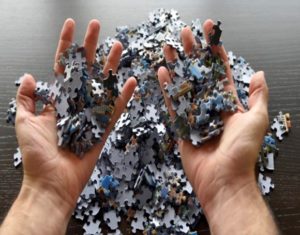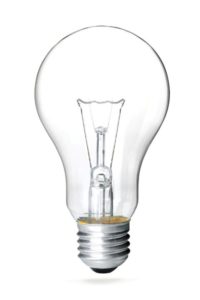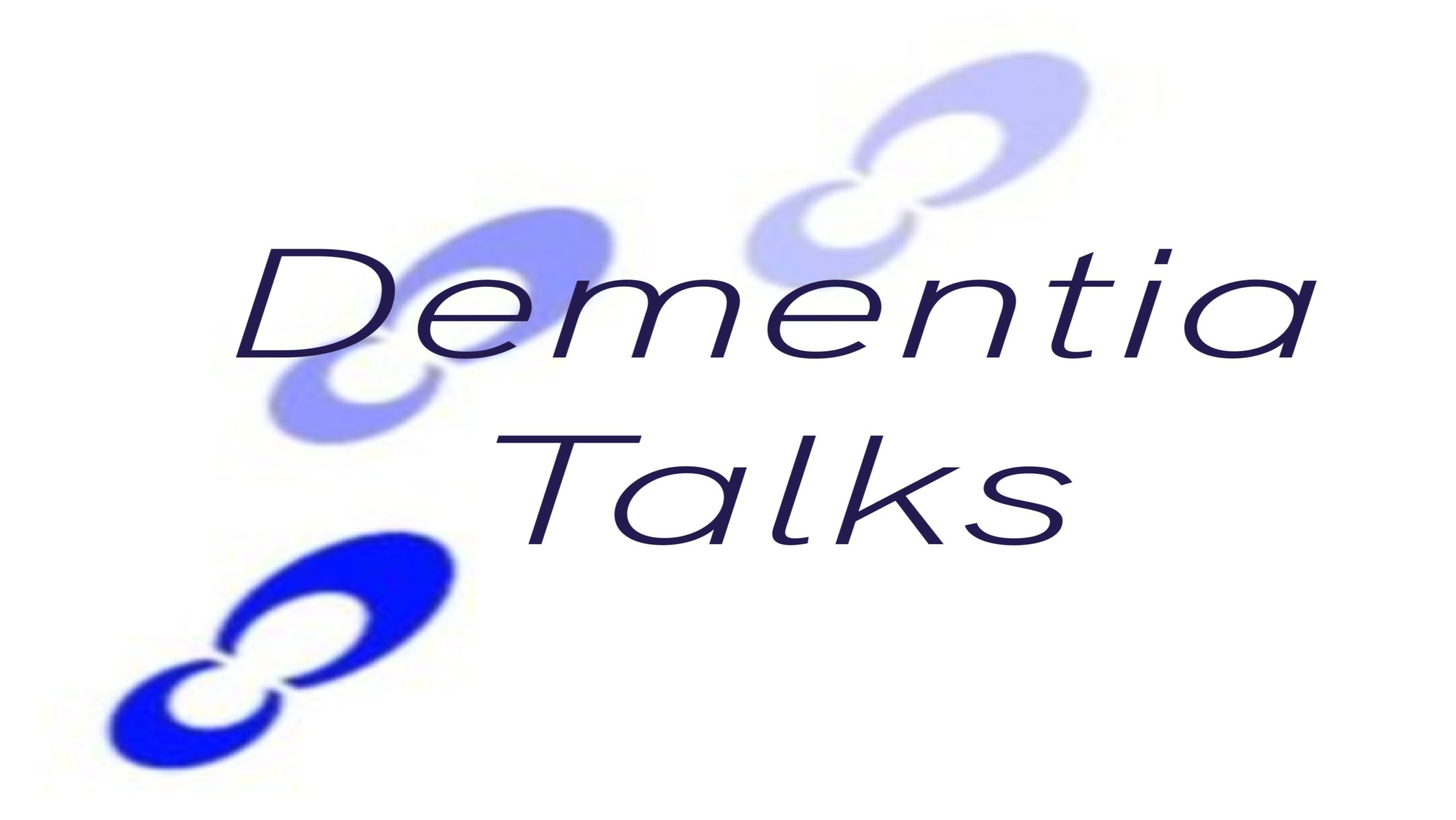This is a topic we are going to discuss periodically… What does it really feel like to have dementia? We’re going to come back to this again, over the series of the Podcasts and YouTube talks and Articles. Each time we do it will create a new benchmark on my progress to help you see firsthand the change in someone with dementia.
As I said from the beginning, we are going to continue to do this website and broadcast; Dementia Talks; as long as I’m capable.
But, before I get into today’s topic, I want to talk about what it means to live positively with dementia.
Living Positively works for many people
Interestingly enough, you can apply these lessons to anyone that is struggling’s with pain in your day-to-day life as well.

Living positively increases the serotonin level within your brain it improves when you are positive and happy. Negative thoughts alternatively turn out to negatively affect you both physically and mentally .
In my Article about 10 Ways to live Positively with Dementia. I identified key things you can do to live positively each day. The National Library of Medicine (part of NIH) paper, identified thankfulness as one of the most important ways to be positive.
Digging deeper into the research, being thankful is the first step. It is also a great method to deal with the stigma of people that have dementia.
Positive Living and Thankfulness
I know it is really tough when we are talking about dementia. How can anyone be positive or thankful about living with dementia? But the reality is that living positively is a choice, and it is a choice that turns out can help you with a mental disease like dementia or it can also help you with many other physical diseases.
So, this isn’t just a discussion for people who have dementia, and maybe, just maybe we can dispel some ideas about what’s the difference between aging and dementia.
Dementia and Alzheimer’s
Dementia and Alzheimer’s fall under a broad category call Dementia. Confusing right… well, that’s the medical field.
Dementia is a broad category that covers Alzheimer’s and many different types of Dementia.
I have Lewy Body Dementia; I was diagnosed with February 2020. After a year the diagnoses stands. My progress from MRI shows only moderate increase in degeneration, my comprehensive memory evaluation shows a moderate decline as well, so it sticks.
Early-Stage Dementia
So, let’s use this as an opportunity to say here’s what it’s like to have dementia in the early stages. As opposed to all stages. I can’t speak openly and honestly about someone having dementia in the later stages.
I can think about how dementia affects me today and how it will affect me in the future but in all fairness. I cannot be the one to tell you what dementia feels like in its latter stages.
The challenge that you have with people that have dementia in the latter stages is that they will struggle with telling you what they feel. So, my goal is to create an understanding of what dementia is, and together we will see how it progresses.
Dementia vs Alzheimer’s.
Let’s start by talking about some of the key differences between dementia and Alzheimer’s.
As my doctor says and the NIH says dementia is not aging. Some forms of dementia can last a very long time. You may know someone with early onset and not even know it, you may just be putting it off as aging.
The same can be true for Alzheimer’s it can be slow progressing, or it can progress rapidly.
In my case I have Lewy body Dementia, LBD is predominantly a rapid progressing disease mainly because of the way Lewy Bodies not only affects things mentally they also can affect you physically. Other types of dementia do this as well. Some may only affect you from a cognitive point of view while others cause multiple aspects of memory and physical issues.
So, first thing is to separate Alzheimer’s from other types of dementia that only affect cognitive memory. Alzheimer’s is about all memory both short terms and long-term; like mixing things up that happened a long time ago about things, people, and places. Where other specific types of dementia may only affect the cognitive memory.
Cognitive memory is the ability to remember things that just happened, i.e., short term. We all know the test that we get the doctor’s office if you’re over 65 where they ask you to remember four words… My Dr. at Cleveland clinic will admit that those tests don’t really tell them anything. They’re like an EKG, those tests are not full diagnostics, but they do give a good point of reference. Like with a heart problem, properly diagnose dementia takes a comprehensive test and evaluation and other indicators including an MRI and comprehensive test that takes about three-hours.
The test starts out with most of the same things we have seen before, but it quickly develops into a much more comprehensive evaluation around remembering words and numbers backwards and forwards and all sorts of different things. After this test is given, there may be other tests and exams.
How does Dementia affect me
So, let’s talk about the subject of the conversation. Let’s talk about what dementia feels like from a first-person point of view what it feels like for me.
First, I am not talking about how it feels for all people who have dementia, we are all individuals. But here is what I have learned:
- The mornings are the best! The reason is our brains have had a chance to regenerate. Our cognitive memories are at their best point, so you hear people say I’m great in the morning and about noon or sometime in the afternoon I’m not only exhausted “I hit the wall” because everything starts to get confusing.
- The things which we deal with that require power from our brain on a minute-by-minute basis start getting harder and harder to process. This is one reason why quite frankly if you know someone that has dementia and you’re talking to them in the afternoon or the evening. You need to slow down. It is harder for them to process what you’re saying, at least that is how it feels to me.
- • God has blessed me with a high IQ and what my doctor calls is a very fast processor. This one of the reasons I can still do what I’m doing here today. But my processing speed, over the day diminishes dramatically. Around 1 or 2 o’clock in the afternoon I have to take a nap / rest and then I am regenerated for a time to get through the evening…
- There is this process in the dementia community is called “spending your all of your chips”. It’s like at the beginning of the of the day I get my day’s allotment and I can choose how I want to spend them. If I spent too many early, I run into the wall early. After that I feel the fog, that lack of ability to process what is said or going on slows down.
- This can very overwhelming it can be discouraging and can be depressing. But the answer to that is to understand what you’re dealing with and to build coping mechanisms that help you during the day; so that when you do hit the wall; you can deal with things as they become hard to process.
- Coping mechanisms help you deal with this problem because if you have a coping mechanism’s such as to-do list it saves you from trying to remember everything. Making a list stops the spending of chips.
- I have become religious making a list. It takes far less mental energy to keep that last minute to-do in my head if you know it is on paper.
- The second part, building coping mechanisms is simple things like avoiding things which tax your brain. Like complexity, i.e., to many things to choose from, clutter, too many things in the refrigerator or closet.
Another example of complexity is, if you are really into sci-fi or action movies, etc., like I was, or you really like movies that have a fair amount of violence and lots of action. These shows require an enormous amount of processing power because you’re dealing with a lot of information coming at you very quickly. When we do not have dementia, we can find it quite enjoyable because the quick pace creates a challenge for people without dementia and it keeps us engaged.
When you have dementia; it may not be a problem at first, but it will; eventually too much information will become a problem.
Last, when your brain is overtaxed, it is normal to act angry or disturbed. If it is not a problem now it can become a problem later.
On a Positive Note

Other things such like listening to music, actually helps you deal with dementia because it uses another part of your brain that allows you to actually gain some chits back by reducing the amount of processing or thinking that you’re doing on the cognitive side of your brain.
On Wanderinglite.com, we have identified several of the most important things you can do to deal with dementia.
More about how it feels to have dementia
Let’s go back on our talk about what it feels to have dementia. I am sure you have heard that some people get angry when they have dementia. First off, if they’re trying to live positively then chances are that’s not their normal first response.
But let’s talk about where that anger comes from. Remember, I said, the further along you are with dementia, the earlier in the day it gets harder to process what people are saying to you.
So, when people ignore that. When people do not respect or remember your disability… Just because you can’t see it doesn’t mean it’s not a disability. So when people; even family members don’t respect that, when people talk too fast, it is natural to become argumentative with you, or worse they will insist on their point of view without listening to yours.
This is a normal response for a person even if they’re trying to live positively. It can be a great sense of frustration which, as most of us know, can lead to anxiety and anger.
So, when you hear about people with dementia being angry; I dare say that 85% the problem is with not with a person with dementia but with other people not understanding the nature of this mental disease.
This is one of the key reasons why we need education about what dementia is to reduce the stigmatism around dementia if we’re ever going to have people start respecting people who have mental diseases.
So again, just because you can’t see a disease doesn’t mean it doesn’t exist.
Struggling with Words
More about how it feels to have dementia
Let’s go back on our talk about what it feels to have dementia. I am sure you have heard that some people get angry when they have dementia. First off, all, if they’re trying to live positively then chances are that’s not their normal first response.
But let’s talk about where that anger comes from. Remember, I said, the further along you are with dementia, the earlier in the day it gets harder to process what people are saying to you.
So, when people ignore that. When people do not respect or remember your disability… Just because you can’t see it doesn’t mean it’s not a disability. So when people; even family members don’t respect that, when people talk too fast, it is natural to become argumentative with you, or worse they will insist on their point of view without listening to yours.
This is a normal response for a person even if they’re trying to live positively. It can be a great sense of frustration which, as most of us know, can lead to anxiety and anger.
So, when you hear about people with dementia being angry; I dare say that 85% the problem is with not with a person with dementia but with other people not understanding the nature of this mental disease.
This is one of the key reasons why we need education about what dementia is to reduce the stigmatism around dementia if we’re ever going to have people start respecting people who have mental diseases.
So again, just because you can’t see a disease doesn’t mean it doesn’t exist.
Struggling with Words

Another hard part of dementia is when you cannot come up with the words that you need. All of us will say, oh that happens to me all the time. I don’t have dementia, maybe you don’t or maybe you do, but forgetting things is to some degree a normal part of aging.
Far too often people use the aging excuse when actually they may have some form of early onset dementia. The forgetting things with dementia is different than just forgetting something.
Early Diagnosis is Critical
Not getting it diagnosed can be a real problem. But let’s continue to talk about what it feels like when you can’t get those words out. They can be simple word or simple things that you should be able to remember.
In a conversation you may want to communicate, or you are just thinking about something, or some important point.
Here what is unique about dementia. Normally you could just put it off and can go about your business, but with dementia you keep digging into your head for that word. Remember your spending chips in that process as well.
Spending Chits

The more chits you spend, or the faster you spend them, the more difficult it gets, and your aptitude diminishes. Worse, your overall attitude becomes poor.
This is why when you have dementia, and you find yourself searching for that word and you can’t find it you may even be early on in your dementia journey.
It will take discipline to allow yourself to leave that word alone (and yes, some people try to create substitutes for it) so that it does not take any more mental energy.
Building Discipline
Building discipline that allows you not to keep struggling and struggling and struggling for that word is tied into the concept of spending chips and is one of the most important things a person with dementia needs to understand.
The earlier you learn it the better off you will be. This is but one more reason why early diagnosis is so important.
Pretending you don’t have it
The last part about living with dementia is knowing that it is not going to get better over time. You have to be OK with that.
Sometimes I’m doing great, other times I’m not doing great. Sometimes when I am doing great, I want to think I don’t have it anymore, or it has gone into remission, but it doesn’t work that way.
What it does do if my mind has healed enough overnight, is to allow me to have a series of good days. For me, I often I don’t want to buy into the process, but the reality is that the process is still already underway, even when you’re in one of those good days.
Now is the time to build Coping Mechanisms

Early diagnosis is the time to be building your coping mechanisms, changing; your daily habits; learning to wake up each day with gratitude. Being thankful for your situation, being thankful for your family, being thankful for God’s great blessing.
Turning those thoughts of thankfulness into positive living energy that will get you through the day. Because positive living is a day-to-day discipline that is the most necessary requirement to combatting dementia.
I somehow knew I needed to make positive living a habit for every day after I went through the grieving process. When I wake up, I don’t have to tell myself to be positive; I do it because I been doing it for a year and a half now.
Now I know, I am far better off living each day positively, sharing with people, being with people, talking to people, learning things, drawing, painting, writing those are all things that help my day be positive.
Building thankfulness into a habit early on is critical.
In Closing.
I hope these things help? I’m sure I have generated several questions. Please feel free to ask those questions, either on the YouTube channel, or when you are listening on a podcast or watching this through wanderinglite.com
So, if you’re watching or listing to this on Dementia Talks podcast or YouTube channel, the place to go get your answers is Wanderinglite.com.
Soon we will have the redirect from Dementiatalks.net directly to Wandering Lite working.
Please, we not only want those questions and comment, but we also want to share those so we can be able to help you and help others, because I’m sure your questions not only relative to you.
Again, for your benefit and for others, please, please, ask questions.
That’s all for today, I hope you’ve enjoyed this discussion today and as always have a positive day.


No Comments